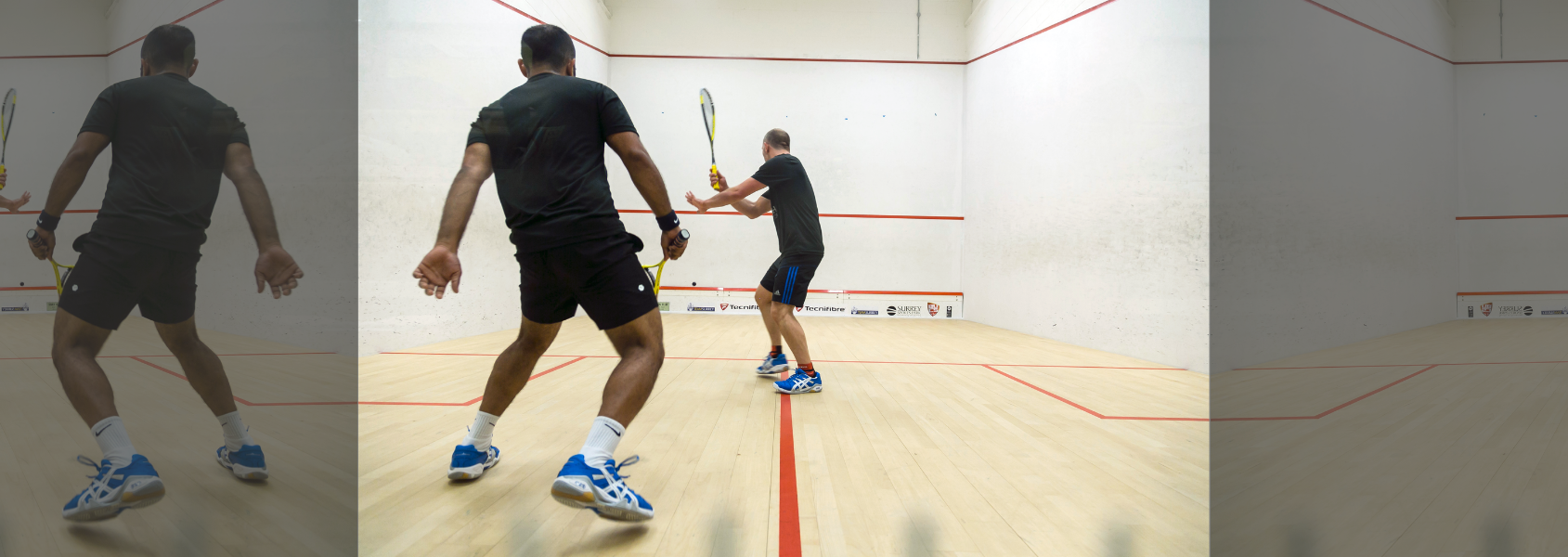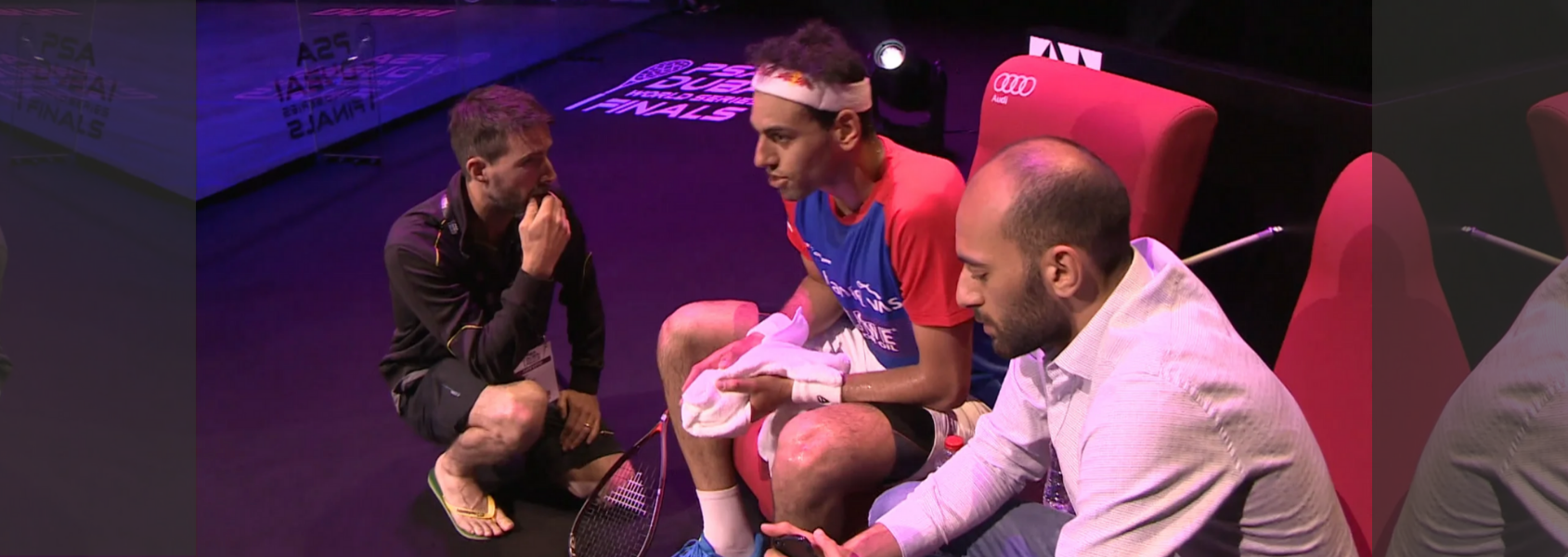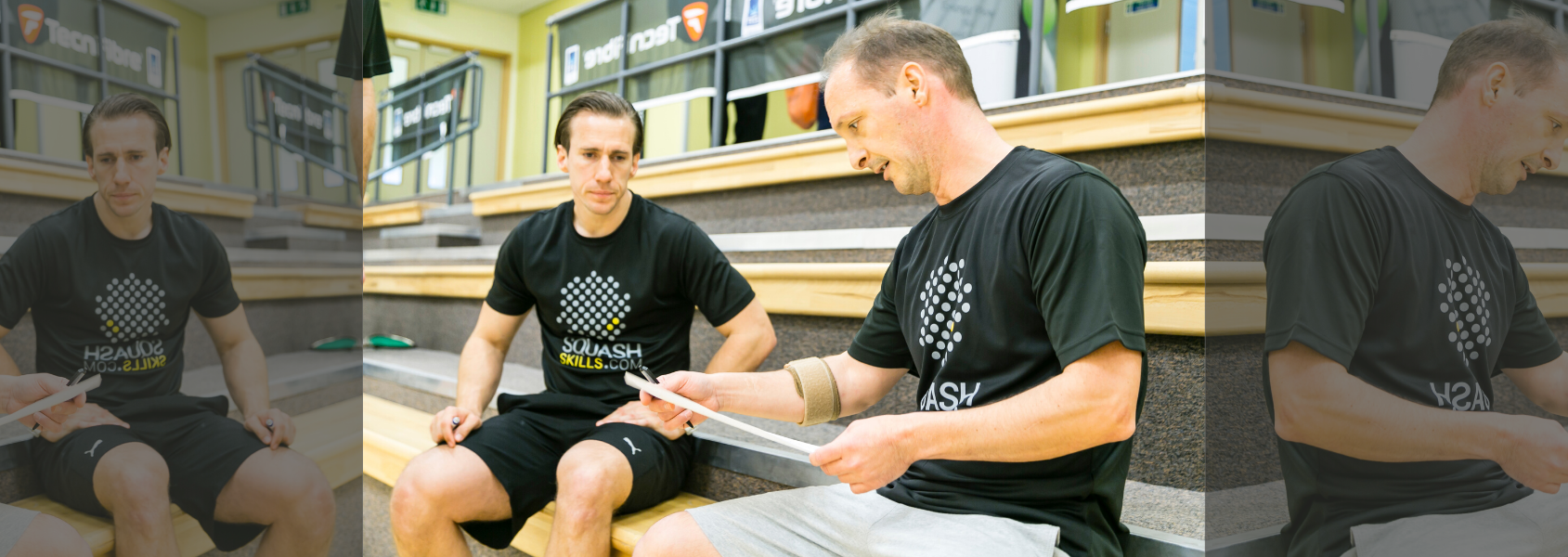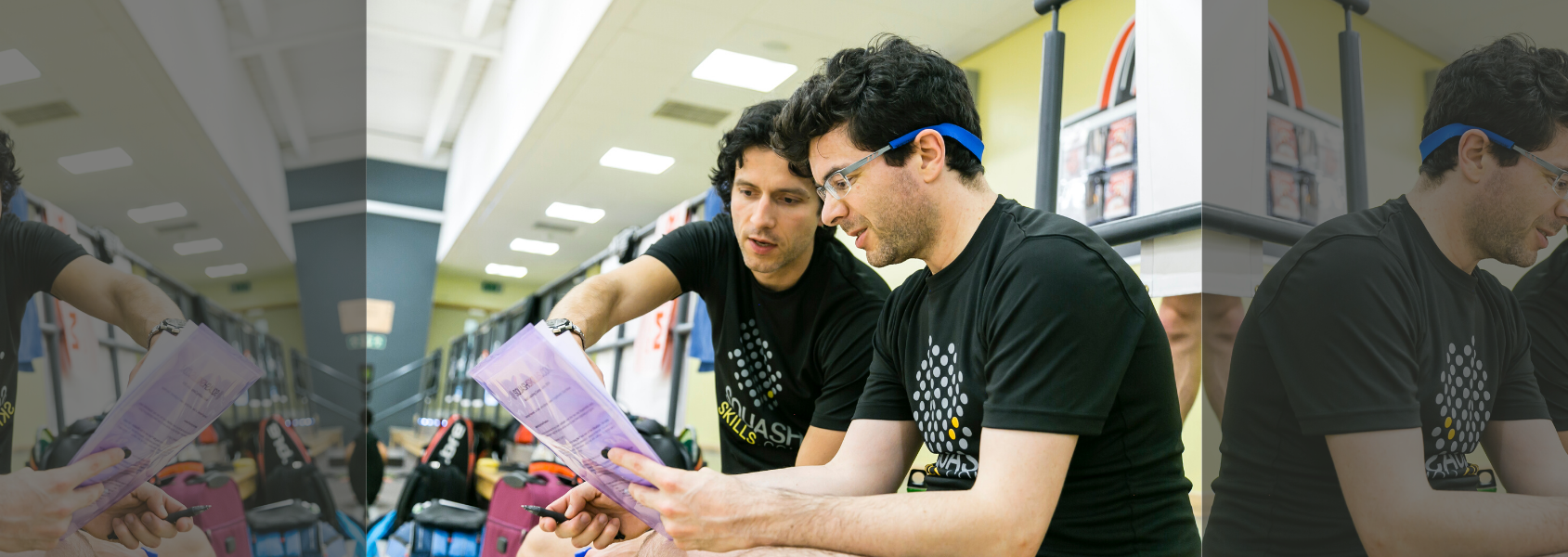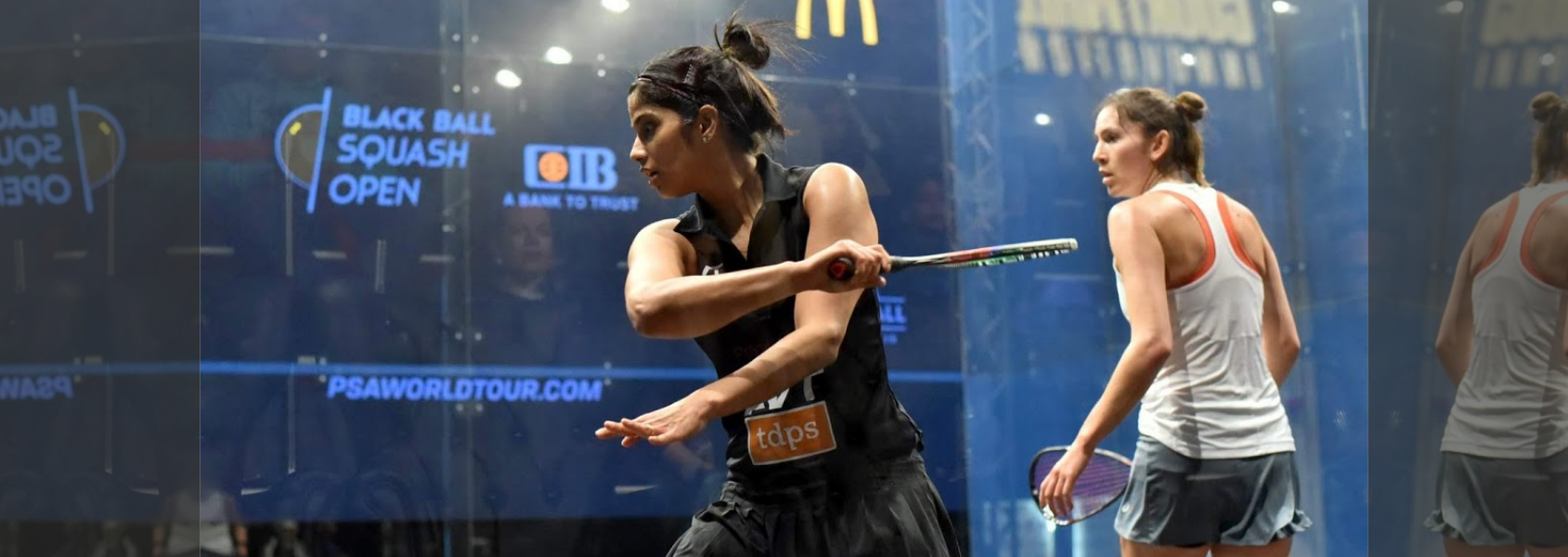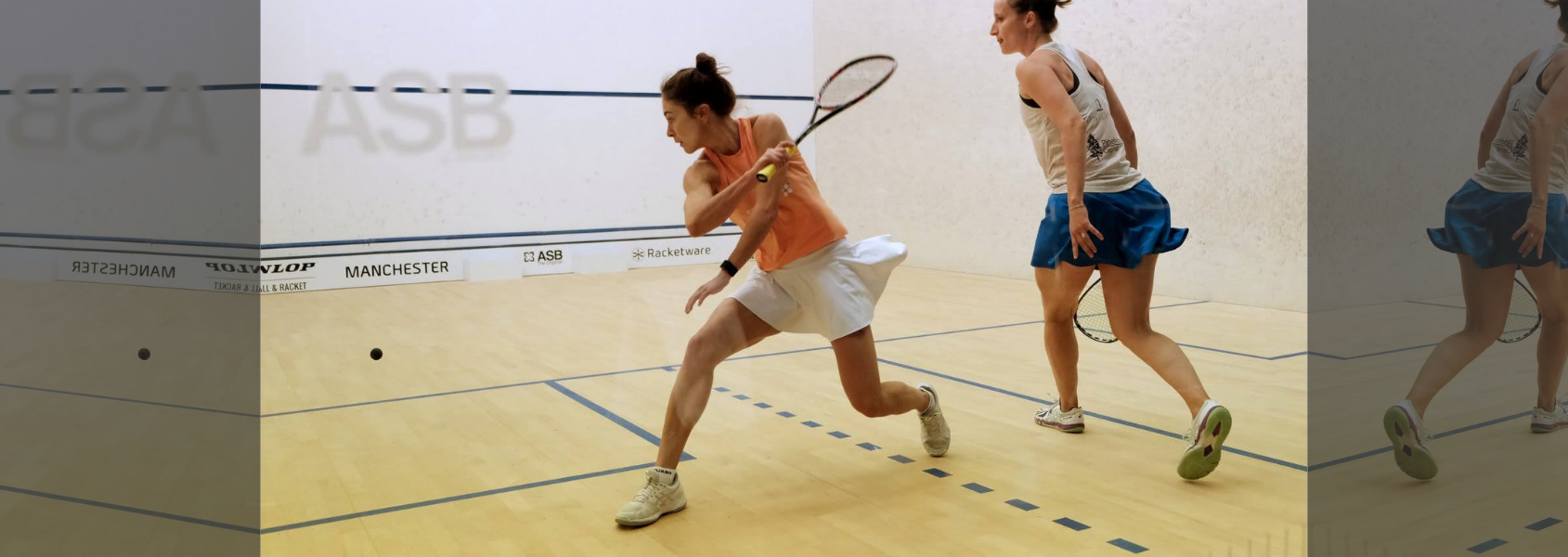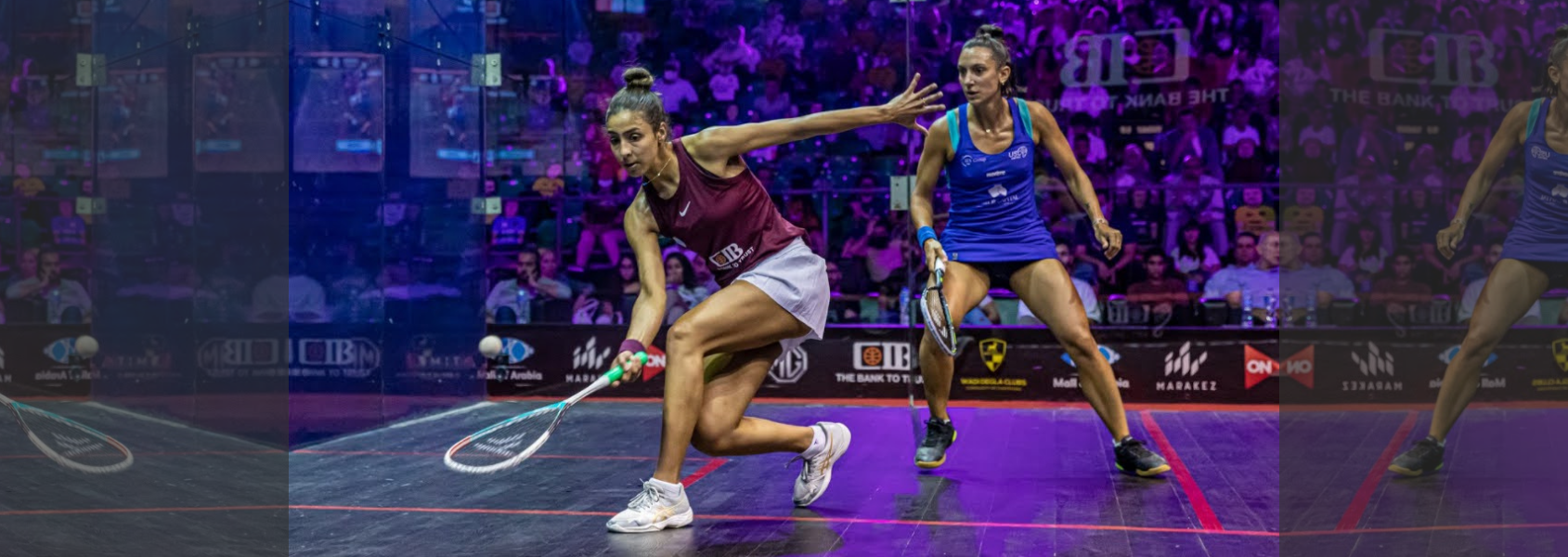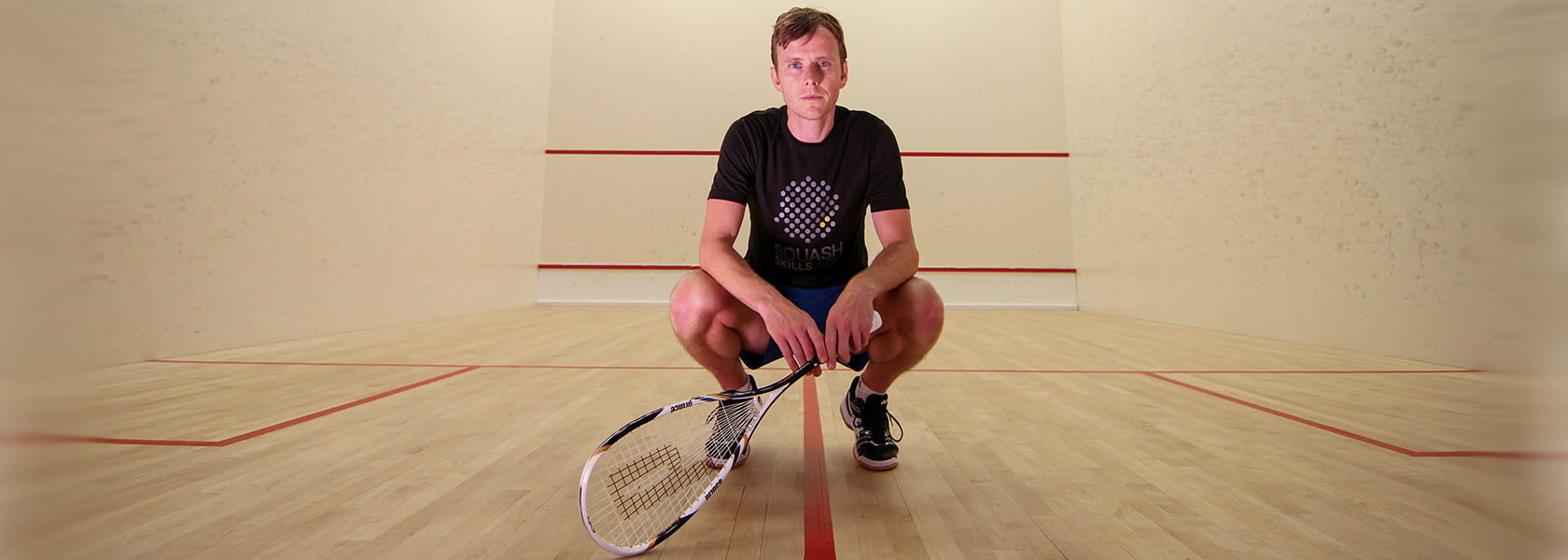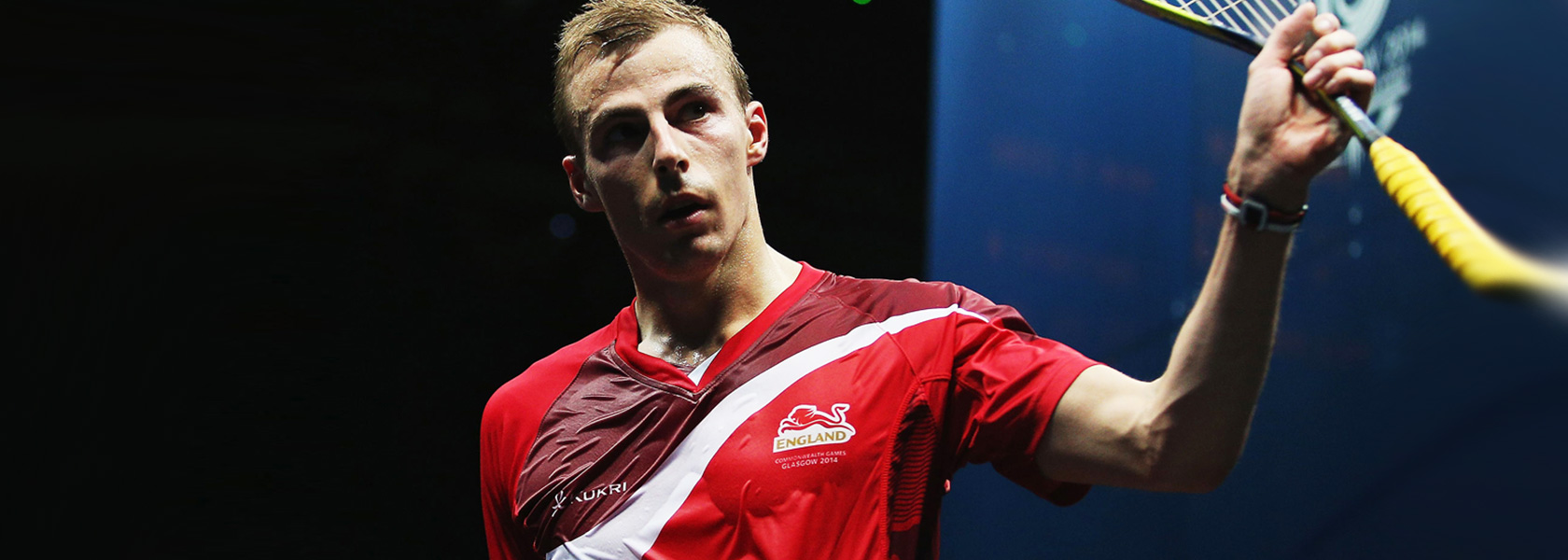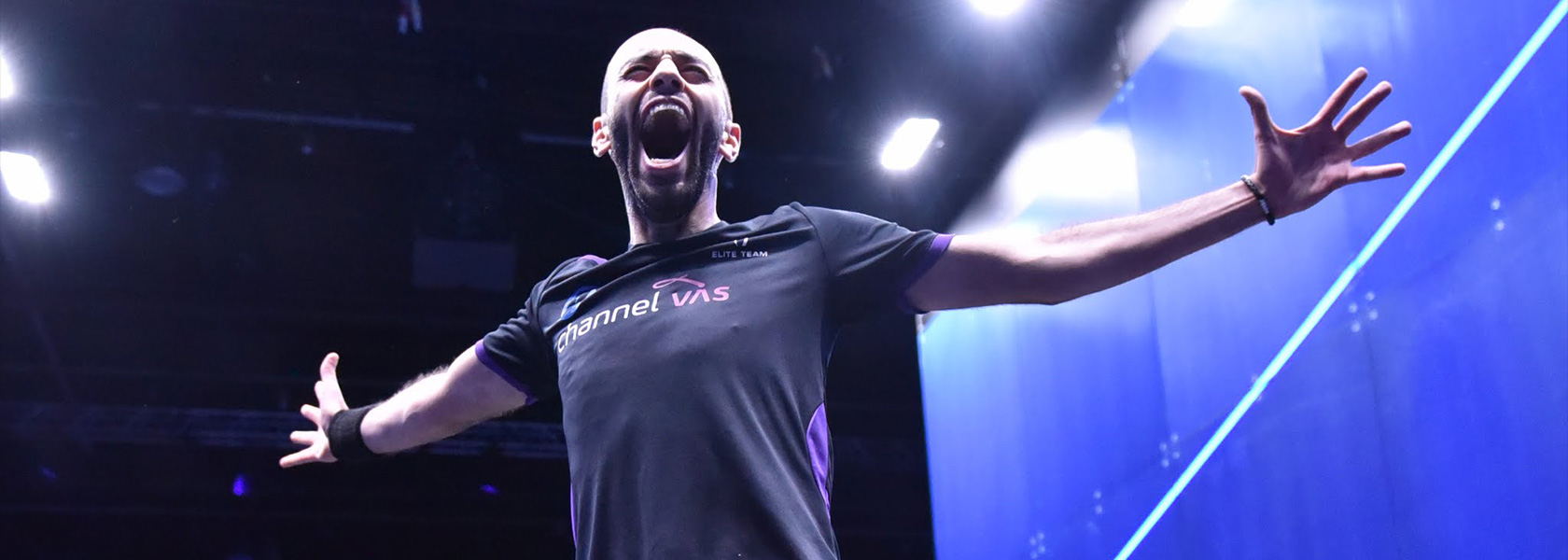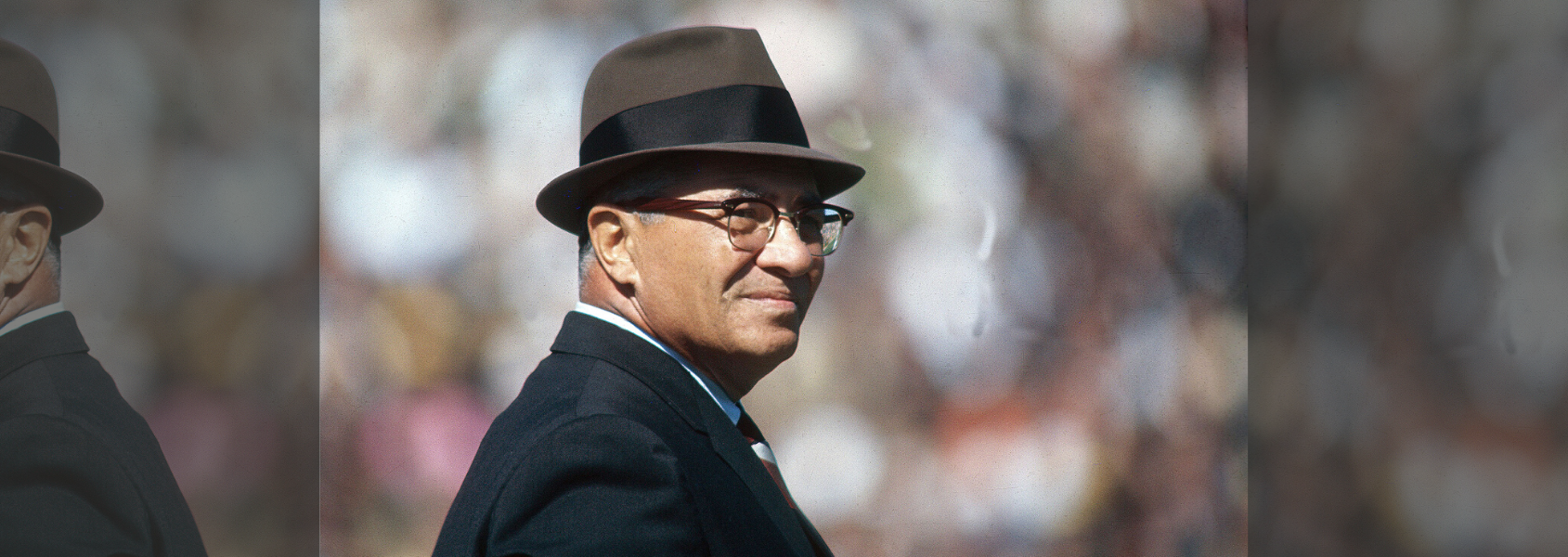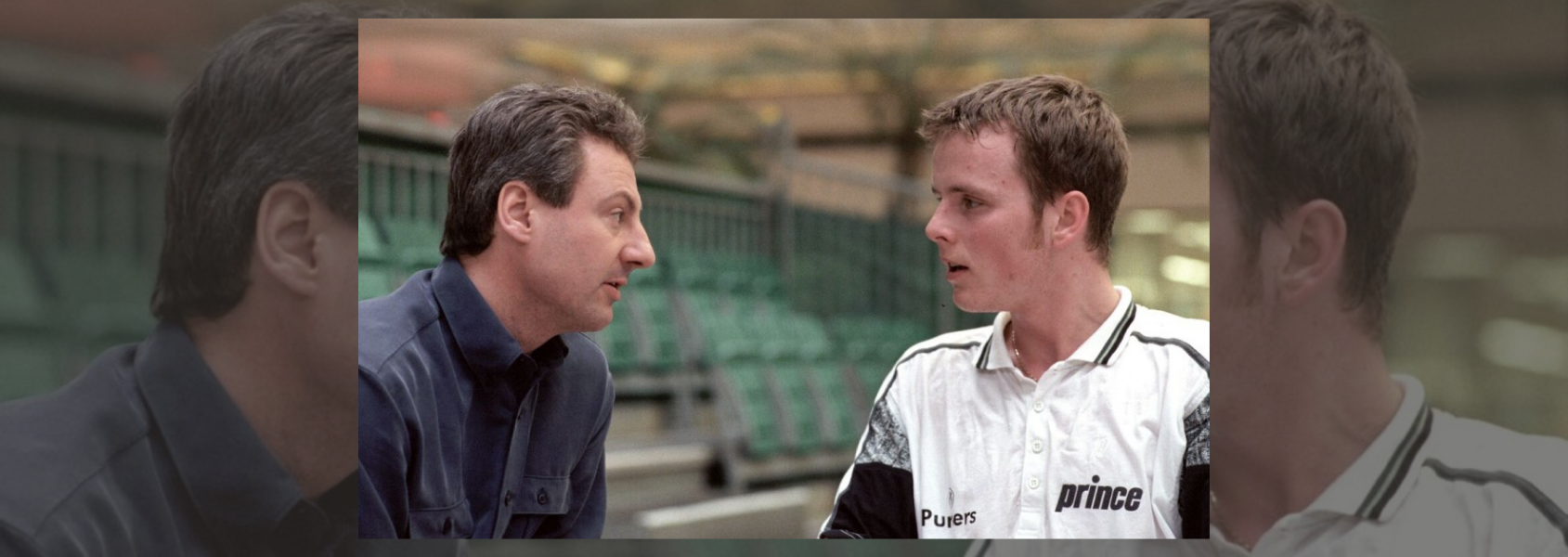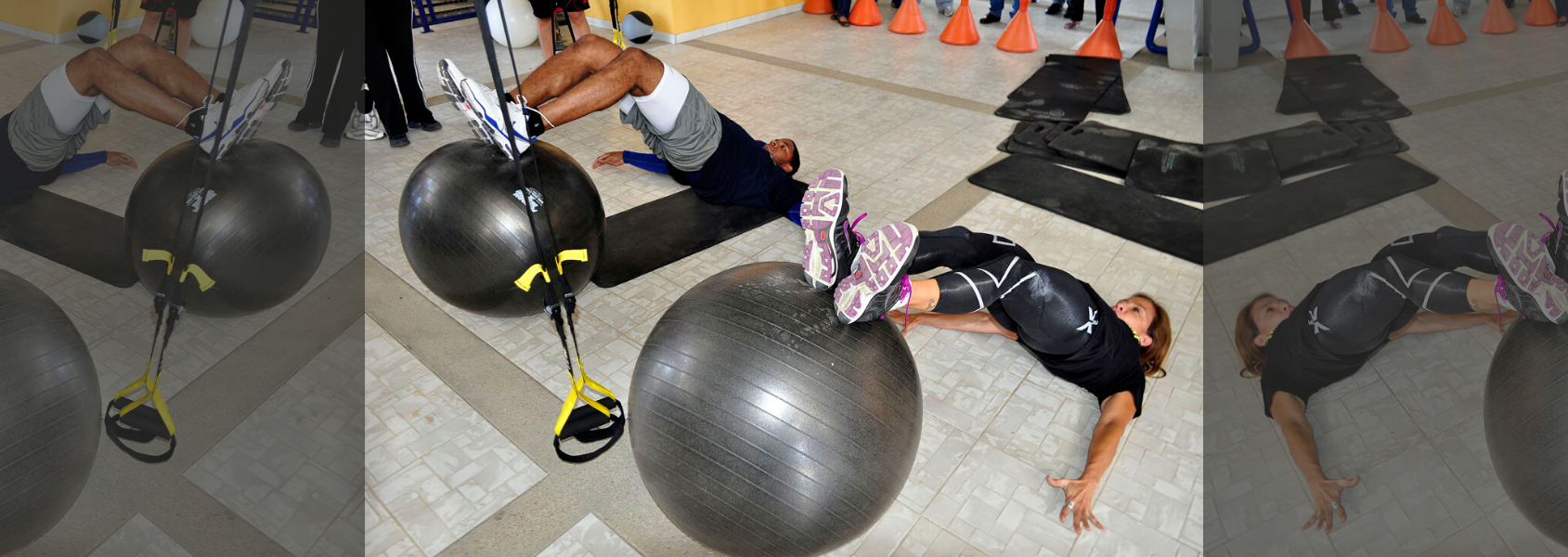Common amateur fault – Reactive movement
In this next instalment Common Amateur Faults, I will be looking at the concept of reactive movement in the game.
Post-Match Analysis
Whether tackling things from a technical, tactical, physical, or mental perspective, there are numerous avenues to explore when it comes to boosting your squash performance. One potentially very valuable tool you can simply and easily incorporate is a proper post-match analysis and performance evaluation process.
Year in review: Your 2019 squash performance analysis – Part 2
As 2019 winds down and thoughts turn to Christmas and New Year celebrations for most, it’s a good opportunity to take a step back and turn a critical eye to your squash performance over the past year. In this two-part article we’re going to take a look at how you can go through and evaluate all the key areas of your game, and then consider how you can start building a plan to tackle your weaknesses head-on in 2020!
Year in review: Your 2019 squash performance analysis – Part 1
As 2019 winds down and thoughts turn to Christmas and New Year celebrations for most, it’s a good opportunity to take a step back and turn a critical eye to your squash performance over the past year. In this two-part article we’re going to take a look at how you can go through and evaluate all the key areas of your game, and then consider how you can start building a plan to tackle your weaknesses head-on in 2020!
Good habit forming for improvements
I have become quite interested of late in the subject of habits and read some interesting studies around the subject. How parts of the brain are able to be formed and shaped differently with some simple good daily habits. I believe that good practice of daily habits can have a beneficial effect on your game of squash in the bigger picture and this article will look to explore this phenomenon deeper.
10 New Years resolutions to help improve your health and performance
New year, new you! This is the time of year when mood is good and motivation high, with many players setting themselves commitments and targets for the coming 12 months.
Mental freezing in squash – Overcoming the yips
‘The yips’ is a phrase first coined in the world of golf but has a now become a cross over term to many sporting disciplines. The best definition of the yips that I have found is “a state of extreme nervousness that causes a golfer to miss an easy putt.”
Mindset for returning the serve
All too often I see players not getting into the right frame of mind when looking to return the serve. I believe this moment, right before the ball goes into play, is a key few seconds that players need to try and be more mindful about.
Building the Mental Game
When I ask athletes and coaches to make a list of mental skills they often look at me in shock as they usually don’t know what to put on it. It’s easy to list the shots you can play in squash, the types of physical training required and what you are meant to do as part of your recovery. Listing the mental skills in sport and in squash, in particular, is likely something you haven’t done before.
Go with the flow!
Most squash players whether amateur or professional, can recall having at some point played a match where everything just seemed to come together; where winners were rolling off the racket, movement was smooth and effortless, and the mind was free and clear. This state of ‘flow’ is actually a widely studied psychological concept and, while difficult to harness, is something that if embraced can be hugely beneficial not just to your sporting performance, but – if the psychologist behind the theory is to be believed – also to your general happiness and satisfaction in life.
Decision making in squash
Elite performers in sports such as squash are often lauded for their ability to play the right shot at the right time. While what is deemed the ‘correct’ shot may differ from player to player or coach to coach, it is certainly a key indicator of high level players that they have good decision making skills, that consistently result in a successful outcome. For those trying to improve their squash the ability to improve their decision making is thus an important factor, yet many players find it a difficult area of their game to consciously develop.
How mental fatigue can affect your squash performance
Squash is a tough enough sport as it is, never mind when your evening game/training session has been preceded by a long day at the office.
Just about every player at every level will have at one time or another blamed a loss on work/social/family stresses while lamenting their poor performance, but is there any actual real evidence to support the validity of this oft-used ‘excuse’?
Squash tactics: Learn how to read the game
When you watch top-level squash, or any sport, executed with grace, flow, timing, rhythm and skill do you ever wonder “how are they able to do that time and time again so effortlessly?”
Your 5-point squash pre-season checklist!
We’ve already been treated to some outstanding early season matches on the PSA tour in China, France, and Hong Kong. With Autumn creeping in it’s now the turn of dedicated club players up and down the country to start getting back into the swing of things, as club box leagues and county league team squash begin kicking into gear for the new season.
To make sure you’re prepped for the coming season and ready to hit the ground running, check out our 5 point pre-season checklist:
Mistakes I made and lessons learnt!
I’m still asked about whether I miss playing professionally and most people who ask, have a preconceived idea that I do. To their disappointment, I usually explain how happy I am and how fortunate I’ve been to play the sport I love but am also completely content never to play competitively again. I feel this satisfaction stems from the fact I’ve made mistakes throughout my career but always managed to work through them and learn more from the struggle – I have no regrets.
The power of red
Watching the Olympics this week, it struck me again just how fine the margins can be between winning and losing in competitive sport.
When two opponents are so evenly matched, it can come down to the minutest of factors that give a player that crucial edge that carries them to victory – surprisingly, there is research to suggest that this may even include something as seemingly trivial as the colour of the clothes that you wear!
Physiology & sport: The art of dominance
In Amy Cuddy’s TED talk on body language: Your Body Language Shapes Who You Are, I discovered some impressive statistics to support the “fake it ’till you make it” concept of physiology. It’s been long known that not only does your mental or emotional state affect your body language, but the reverse is also true. You can choose to change the way you feel by assuming a different posture, pose or facial expression.
Accepting constructive criticism to improve
One of the hardest things to take is criticism – of yourself or other people – especially when it is justified. The fear of failure and actually admitting failure is counter to so many defence mechanisms we have and are needed to achieve success in sport. I found myself being fully open to any constructive criticism during my training periods but then closer to my tournaments and during those events; I would be fully focused on my strengths and (most of the time) ignore any criticism.
Trying new ideas, and being open to change
It can often be difficult for people to let go of closely held beliefs as regards technique, training and fitness, as new ideas can challenge people’s comfort zone and perceived knowledge of what can be pretty dogmatic subjects. This rigidity however, can often be detrimental to progress.
